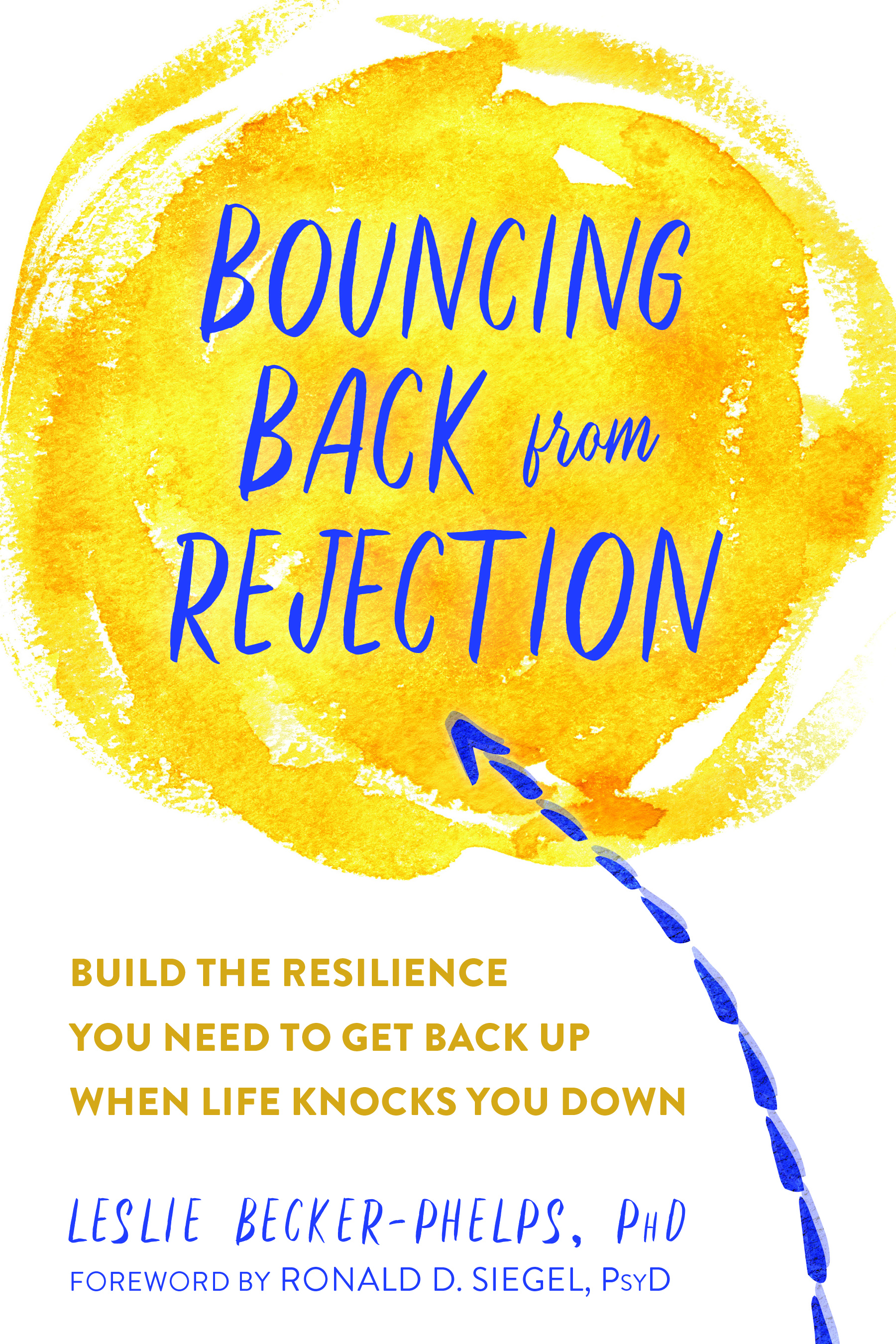For Janine, being inferior was a statement of fact, like saying that overcast days are gray. She tended not to talk with anyone about it, but when she lost a big client at work, it all came pouring out to her friend Beth. She related, “I just feel like I’m no good. I obviously wasn’t any good at work. And I know this sounds pathetic, but I feel like I’m lucky that anyone even wants to hang out with me because I’m such a loser. I just feel so alone.” She partly expected that Beth would never talk with her again, but then something surprising happened. “You are not a loser, but I do know how you feel. I’m always thinking about how my life is going nowhere. I feel scared and alone a lot,” Beth shared. When they finished talking, both women felt less alone and a little less hopeless.
Many people fear that appearing weak and asking for help will drive others away. But everyone needs help sometimes. It’s part of being human in the same way that having weaknesses and making mistakes are part of being human. Just as admitting to your struggles takes strength, it also takes strength to acknowledge when you are trying to lift a weight that is too heavy to carry alone.
Once you decide that you need help, be wise in choosing whom you will ask. You want to reach out to someone who is supportive, caring, and trustworthy. People who can remain calm while discussing emotional issues are likely to be better at helping you calm down. Also, look for signs that they want to be helping, such as calling you to check on how you are doing. Consider these tips for how to ask for help:
Choose an appropriate time. For instance, you may not want to ask your friend when they are preoccupied with their own immediate concerns. If you believe that it’s a good time to talk, you might still ask before launching in.
Ask for what you need. People can help best when they know what’s needed from them. So, be as clear as you can about whether you are looking for emotional support, advice, practical help, or something else.
Do your part in the conversation. If you are too overcome with emotion to think clearly, then just pour it out. But also be open to the support offered by your friend. If you are looking for advice, then truly listen to their proposed ideas and possibly brainstorm with them. The more open you are to the help you are requesting, the more likely your friend will want to keep helping, and the better the experience will be for both of you.
Finally, remember to be there for your friends. Though their problems may be different from yours, they will undoubtedly have struggles. Listen and be a support. In addition to feeling good, this can help you fully realize that you are not alone in sometimes needing help. When you nurture relationships in which you can look to each other in times of distress, those secure relationships can help you develop a general view (or model) of others as emotionally available. This change is a step toward being more securely attached and less driven by feelings and fears of rejection.
When struggles with self-worth and self-criticism overtake your mind and heart, you can do yourself a great service by consciously engaging inner resources or turning to outside help. Use the awareness you gain through STEAM to empathize and accept yourself. Also, choose to take in positive feedback from others. While increasing your self-acceptance will probably lead to greater self-compassion, at the least, it will open you to developing that resource, as discussed in the next chapter.

Follow us here and subscribe here for all the latest news on how you can keep Thriving.
Stay up to date or catch-up on all our podcasts with Arianna Huffington here.


